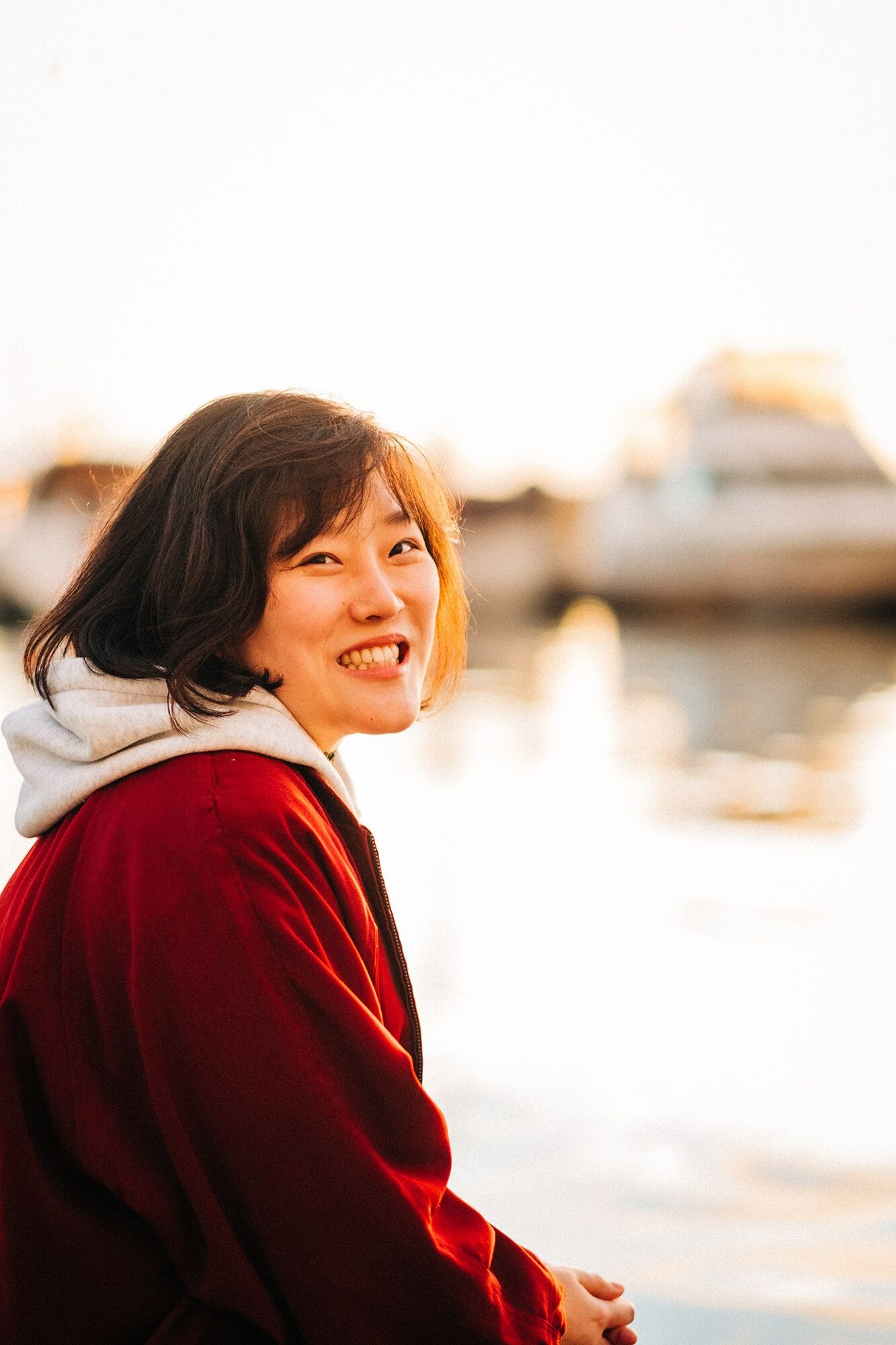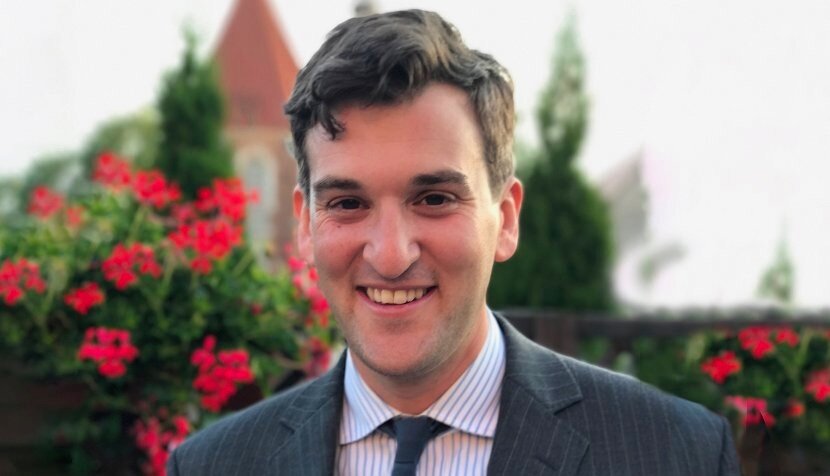Zoom v. HopIn
73 U.Va 21 (2021)
Chief Justice Tonseth delivered the opinion of the Court.
Procedural Posture
The District Court of Petty Appeals, in its limited wisdom, issued an injunction against Zoom, citing two antitrust violations. First, the shortsighted 1L Justice[1] held that Zoom and UVA Law formed a tacit agreement to stifle competition within the digital platform community for conducting classes and conferences. Further, the aforementioned student, who hasn’t even taken Corporations,[2] held that Zoom operated as a monopoly in the field and must be stopped. In an attempt to justify this horrible ruling, the District Court cited multiple precedents, treatises, and poor Google Reviews for Zoom in an effort to placate the expected comeuppance from my iron-fist. Silly 1L, we do what we want.[3]
Facts
Evidenced by this Court’s holding, almost a year ago today,[4] coronavirus has really sucked the fun out of normal law school. To cope with the sudden inability to raid the Snack Office, snooze yourself through ConLaw in the back row, or show up ‘blitzed’ to LRW[5] before taking one’s talents to Copeley, UVA Law and the world quickly latched onto Zoom. Due the sheer ineptitude of people still swearing by Androids[6] and the inability of Skype to remain hip, Zoom rapidly expanded its reach and showed a relatively solid ability to handle a range of events. We all had our complaints about the platform, but its quirks became understood as Zoom worked itself into the role of “ole reliable.” Enter HopIn.
In the simplest terms, HopIn is a near replica of Zoom except that one is able to move between multiple video chats/event booths, all from one platform. This eliminates the need for multiple links, plus allows for each event to be customized with backgrounds and such. AKA, HopIn tried to do to Zoom the same thing the iPod did to Zune.[7] This spring, HopIn has infiltrated UVA Law. While Zoom has remained the go-to to conduct classes and most events, HopIn was utilized for both a Virginia Law Women’s event and Admitted Students Open House. Buoyed by its success, HopIn filed suit against Zoom, attempted to chip away at their stranglehold
Analysis
In this instance, the expanse of my power is not lost on me. Prudentially, I should apply standard antitrust laws to issue a valid legal opinion on the subject at hand. But, as the Court’s resident Antonin Scalia protégée, I’ll repeat what he wisely said at his confirmation hearing, “In law school, I never understood antitrust law. I later found out, in reading the writings of those who now do understand it, that I should not have understood it because it did not make any sense then.”[8]
At first blush, the casual observer may ask how this Court even retains jurisdiction between these two tech behemoths. While my colleagues in the Supreme Court cited the “nerve center” test to determine a corporation’s place of business for the sake of diversity jurisdiction,[9] I find this argument only slightly persuasive and open to interpretation. First, the addition of a new platform to create a log-in for, only to serve a redundant purpose, gets on the center of my nerves. Second, every law student righteously believes they are the center of the universe, ergo, any issue that concerns them constitutes something worth deciding by my esteemed judicial self. There are probably more relevant and applicable jurisdictional arguments in my favor here, but as I 1) found CivPro a bore and 2) am learning jurisdiction for the first time in Fed Courts, I’m cutting myself a break.
Getting to the crux of HopIn’s claims, I find their first claim meritless. There’s no way it can be plausibly argued that Zoom has stifled competition in the digital platform community. The recent advent of Twitter Live, TikTok, OnlyFans, and Peacock show that competition is only increasing. Strike one, HopIn. However, HopIn has a pretty good argument concerning Zoom’s monopoly on hosting conferences and classes exclusively for the last year. I mean, I wrote this opinion while attending a class over Zoom and after listening to oral arguments, also over Zoom. Unfortunately for HopIn, Zoom retained their get out of jail free card, and are thus immune from any Monopoly argument. Zoom has been with us law students through “these trying times'' from the beginning. That type of loyalty cannot be bought. I will not stain my reputation by allowing the new kid on the block to bully the seasoned vet, forcing the vet from its well-earned place atop the mantle of the digital platform community.
If I must belittle myself to address the complaints of the concurrence, let me be brief. Retired (read: replaced) Justice Luk should ride her senior status into the sunset. In writing a concurrence that nobody decided to join, Justice Luk’s opinion is as irrelevant as her pear vs. apple distinction. Don’t come at me and my boi Antonin like that, the thunderdome is open and omnipotent.
Conclusion
In writing this opinion, while attempting to prepare myself (my liver) for what I hope the deluge of Bar Review will be in the fall, a phantom Scalia told me “[i]f you’re going to be a good and faithful judge, you have to resign yourself to the fact that you’re not always going to like the conclusions you reach. If you like them all the time, you’re probably doing something wrong.”[10] Looks like today is the day Scar pushes Mufasa into the herd of stampeding buffalo,[11] as I can’t freely choose to live under Antonin’s shadow any longer. Every opinion I write is golden, and Zoom wins in a landslide. HopIn must be relegated to its rightful place: going directly to jail, not passing go, and not collecting $200. Monopoly case dismissed.
C. Luk, concurring.
The only thing that’s clear from the majority opinion isChief Justice Tonseth’s obsession with his beau, Scalia. Are we here to conduct legal reasoning or to quote every Scalia opinion under the sun? This case should be dismissed for lack of standing, plain and simple, because HopIn has failed to demonstrate on the record a concrete and particularized harm.
The facts, as muddily recited above, show that HopIn has been very successful in the Law School market. It was the platform of choice for both the Virginia Law Women event and the Admitted Students Open House, two remarkable achievements given VLW’s sterling reputation and the sheer scale of ASOH. Fresh off these victories, HopIn now seeks to convince the Court that it suffers under the oppressive shadow of Zoom? Try again.
Chief Justice Tonseth calls HopIn a “near replica” of Zoom. I must have taken the last dictionary with me when I left office, because Chief Justice Tonseth seems to be under the impression that a replica is something other than an exact copy. HopIn has many advantageous functions that Zoom lacks: interactive booths, webinars, one-on-one chat rooms, and, most importantly, the ability to navigate between these functions without having to click into another meeting. The scope and scale of HopIn makes it uniquely suitable for events and conferences. Zoom, on the other hand, continues to be used primarily for online classes and has a much more limited breakout-room function. If we’re going to call the two platforms replicas of each other, we might as well say an apple is a replica of a pear because they are both fruit.
The Court should dismiss this case for lack of standing and scrub the majority opinion from its judicial memory.
---
pjt5hm@virginia.edu
cl3eh@virginia.edu
[1] The name is being withheld for sanity’s sake; their opinion was almost as bad as most LRW memos.
[2] Neither have I, public service for lyfe!!!
[3] Law Weekly v. CoPA Copiers, 369 U.Va 96 (2019).
[4] Corona (La Cerveza Mas Fina) v. Coronavirus (El Virus Menos Fino), 72 U.Va 21 (2020).
[5] Theoretically, of course.
[6] Facetime would have been a much easier alternative to any platform.
[7] This may be dating me slightly. I’m not ashamed.
[8] http://www.c-span.org/video/?150300-1/scalia-confirmation-hearing-day-1
[9] Hertz Corp. v. Friend, 559 U.S. 77 (2010).
[10] During a speech at Chapman University in 2005. Yes I skipped journal tryouts; no, I don’t know how to Bluebook; no, I also don’t care to learn.
[11] If you aren’t humming “I Just Can’t Wait to be King,” I’m judging you more than this opinion.















